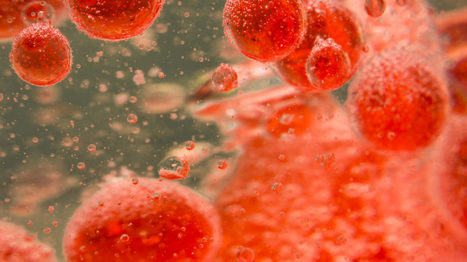For one family active in the hemophilia patient community, the FDA rejection of BioMarin's gene therapy was disappointing, but also appreciated. The Food and Drug Administration’s rejection of a gene therapy for hemophilia A on Wednesday surprised many hematology researchers and Wall Street watchers who expected speedy approval for the one-time treatment to end the inherited bleeding disorder. For one family in Indianapolis active in the hemophilia patient community, the decision was disappointing, but also appreciated. “It’s a sad day because for a lot of people, they were ready to go,” Michelle Rice, whose two sons have severe forms of hemophilia A, told STAT. But “it’s also a good day,” said Rice, who has a mild case of the disease and serves as chief external affairs officer for the National Hemophilia Foundation, “because I think this community has fought long and hard for safety to be a priority.” Hemophilia A is a genetic disorder in which the body fails to produce a protein called Factor VIII that is crucial for blood clotting. It affects about 20,000 people in the U.S., almost all men. The bleeding episodes and joint damage it causes are kept under control by frequent infusions costing about $300,000 per year.
BioMarin’s gene therapy, called Roctavian, is designed to fix that inherited defect, but the therapy’s impact on Factor VIII levels seems to wane over time. A year after treatment, patients in BioMarin’s clinical trial had Factor VIII levels of 64.3 international units per deciliter on average. After two years, that number fell by more than half. Four years after treatment, the average was 24.2 IU/dL, a 63% decline from the first year. The FDA has asked for two more years of data to better establish the durability of the gene therapy. That means the one-time treatment, if approved, will be delayed until at least 2022. Roctavian is one of three gene therapies for hemophilia A now being developed. Roche, which acquired Spark Therapeutics’ gene therapy program when it bought the biotech earlier this year, and the partnership of Pfizer and Sangamo Therapeutics are at work on similar one-time therapies. Each is a year or more away from filing for FDA approval. Len Valentino, CEO of the National Hemophilia Foundation, applauded the FDA’s push for more durability data. He is a hematologist and former vice president, strategy lead in hematology, at Spark. “I think it’s good for the patient community because we need to protect our patients at all costs,” he said. “This is a community that’s been through a tremendous amount of grief in the past with first HIV and AIDS and then hepatitis C. So I think protecting our community is of the utmost importance. And at this point, there’s just too many unknowns that we don’t understand the answers to.”
In the 1970s and 1980s, about half of all people with hemophilia became infected with HIV after being transfused with contaminated blood products. Many patients with severe hemophilia developed AIDS, and thousands died. Infection with hepatitis C was also common when patients relied on infusions of clotting factors from human plasma, before the availability of recombinant factor VIII and IX made their treatments safer.



 Your new post is loading...
Your new post is loading...








